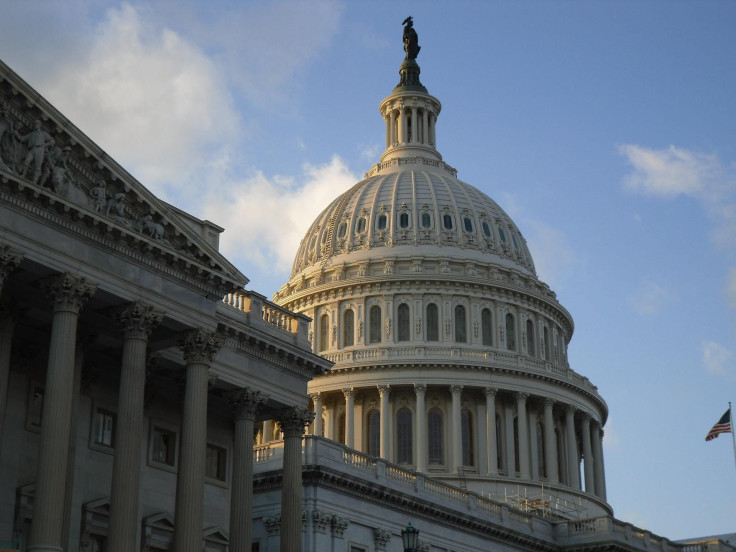Once again the justice system of Ecuador is questioned by the United States. Michael Fitzpatrick, the U.S. ambassador to Ecuador, expressed his disapproval of the situation and the growth of drug trafficking in the nation, Primicias reported.
The U.S. envoy remarked at the Andean University's "International Day: Anti-Corruption Initiatives" event that the struggle between the cartels is not just over who controls the ports and routes for the transportation of drugs, but also over who has the influence in the justice system.
As a result, he questioned the legal system and even mocked how it operated during the Pablo Escobar era.
"Can someone explain to me why a suspect must be formally notified of the opening of a case in the middle of the investigation stage," he asked.
In this sense, the combined efforts against this problem were highlighted by Foreign Minister Carlos Holguín.
“We have important cooperation with the United States in this fight,” he said in an interview with Teleamazonas.
“A few days ago we had the visit of ambassadors from Belgium and the Netherlands, and in The Hague we held a meeting with Europol, to analyze the phenomenon of transnational criminal structures, which eats away at conventional power structures,” Holguín said.
It was claimed by the foreign minister that the international community is united in its desire to reinforce Ecuador's judicial systems, which he stressed, requires "immediate strengthening" with respect to the networks that facilitate drug and human trafficking as well as border security.
Additionally, it implicated the networks that support illegal mining and perilous migration. He emphasized that these "belong to the same criminal structures."
Holguín questioned, for instance, the release of Luis Alfredo A, alias "Gordo Luis," the commander of Los Lobos and a suspect in the murder of Santiago Loza, the prison director at El Inca.
“That damages all objective and technical work of the public force,” he said.
Fitzpatrick and Holguín concurred that the referendum proposal on the extradition of those connected to drug trafficking is a solution to the problem of impunity.
“There are people who have arrest warrants in the United States for drug trafficking and who cannot be extradited, because when President (Rafael) Correa led the country, he constitutionally shielded drug criminals from being extradited,” recalled the foreign minister.

© 2025 Latin Times. All rights reserved. Do not reproduce without permission.



